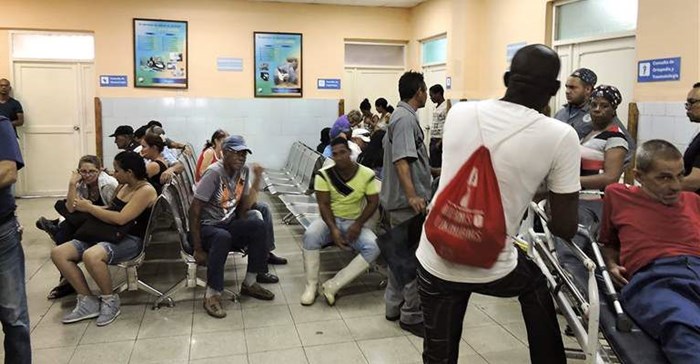
Top stories






More news


Marketing & Media
Ads are coming to AI. Does that really have to be such a bad thing?














Stigma experienced by MSM when accessing public healthcare facilities may take the form of explicit discrimination, or implicit micro-aggressions.
Twenty-seven MSM couples (16 in Namibia and 11 in South Africa), interviewed simultaneously but separately to maintain the integrity of their responses, illustrated how negative experiences, and the fear of repeating them, inhibits MSMs from exercising their right to access available services intended to reduce the transmission of HIV.
Notably, the negative experience most reported was hostility and judgemental attitudes towards same-sex desire and behaviour by healthcare workers. Participants suggested that inadequate sensitisation training and ignorance about creating same-sex friendly spaces or providing services appropriately was the cause.
Participants also experienced healthcare facilities as ‘straight spaces’, where attitudes consistent with the assumption of heterosexuality as the norm was a barrier inhibiting MSM, without a word being spoken. Experiences of public healthcare facilities as discriminatory rather than accepting made participants feel that they needed to ‘act straight’ before they could access services or even have the courage to enter healthcare facilities.
Disclosure of same-sex desire and practices to public healthcare workers was low, and many reported preferring healthcare services at NGOs catering for MSM, suggesting that MSM are less likely to disclose same-sex activity to public healthcare workers. This in turn limits access to services like PrEP (pre-exposure prophylaxis), screening for HIV and other STIs, and treatment for HIV. This is concerning in the fight against the HIV-transmission generally.
Research found that ‘queering the space’ through concerted efforts to integrate and strengthen appropriate, gender-focused curricula at tertiary level and within in-service training/orientation of civil servants, could lead to healthcare being delivered more acceptingly, allowing for more inclusive, professional treatment. This could support MSM’s access to public healthcare services and enhance national efforts to reduce the spread of HIV.